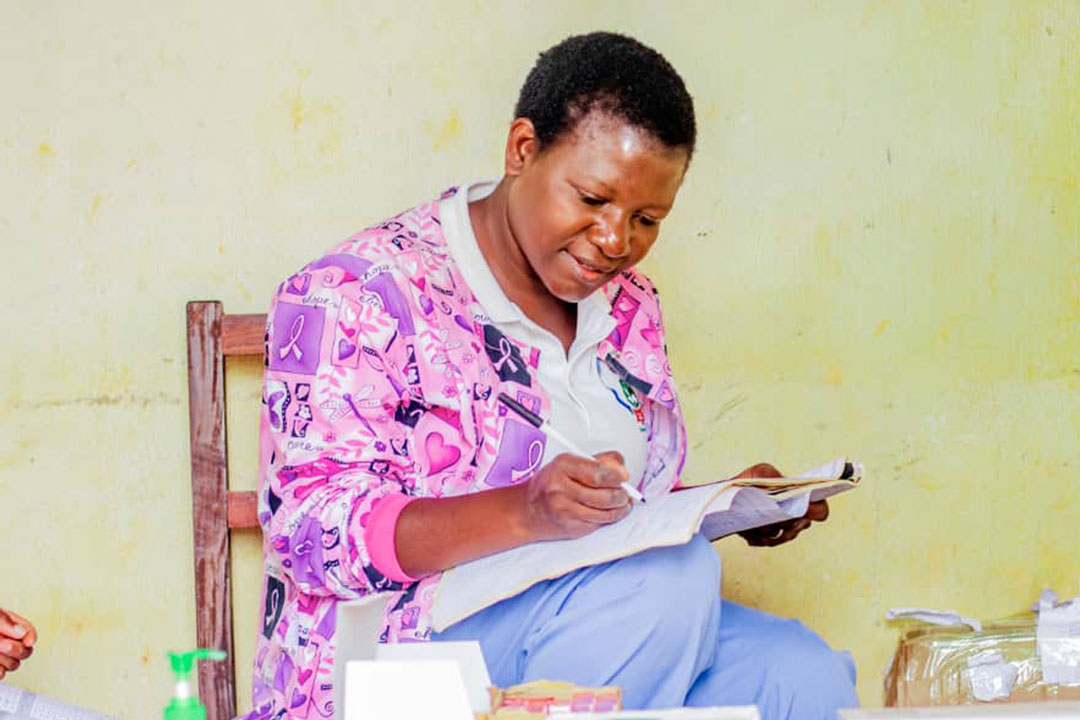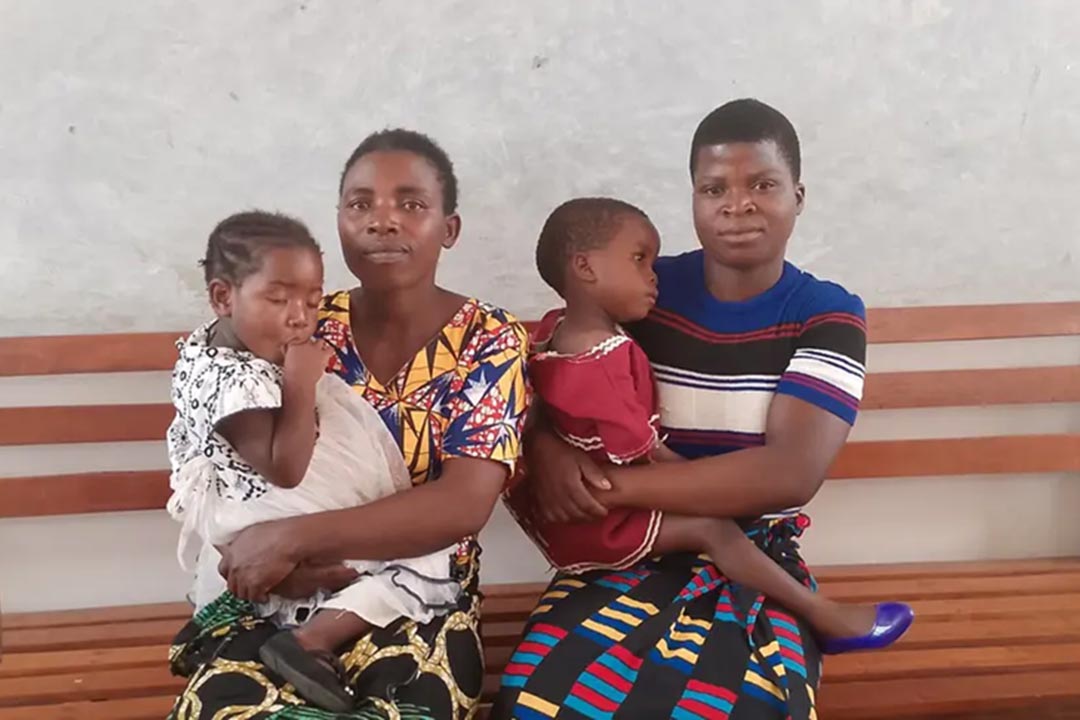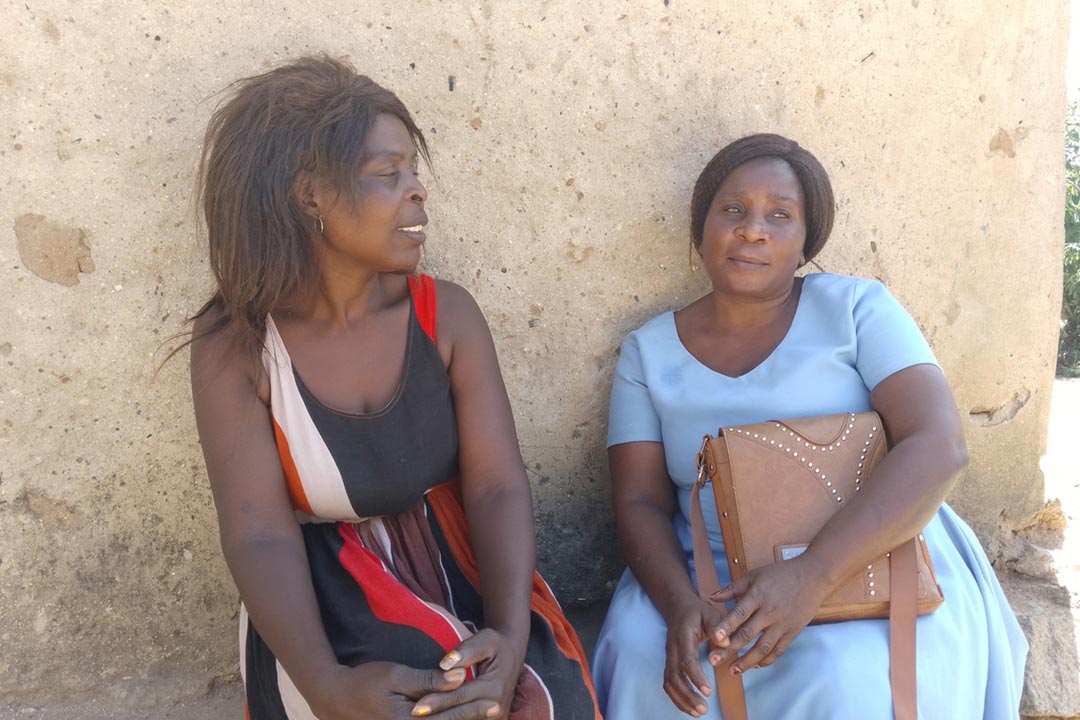In measles-hit Malawi, vaccines roll out and parents step up
As 93% of eligible children are reached in an outbreak-hit part of Malawi, health workers laud parents for understanding that “the vaccines are life-saving”.
- 27 June 2025
- 4 min read
- by Charles Pensulo
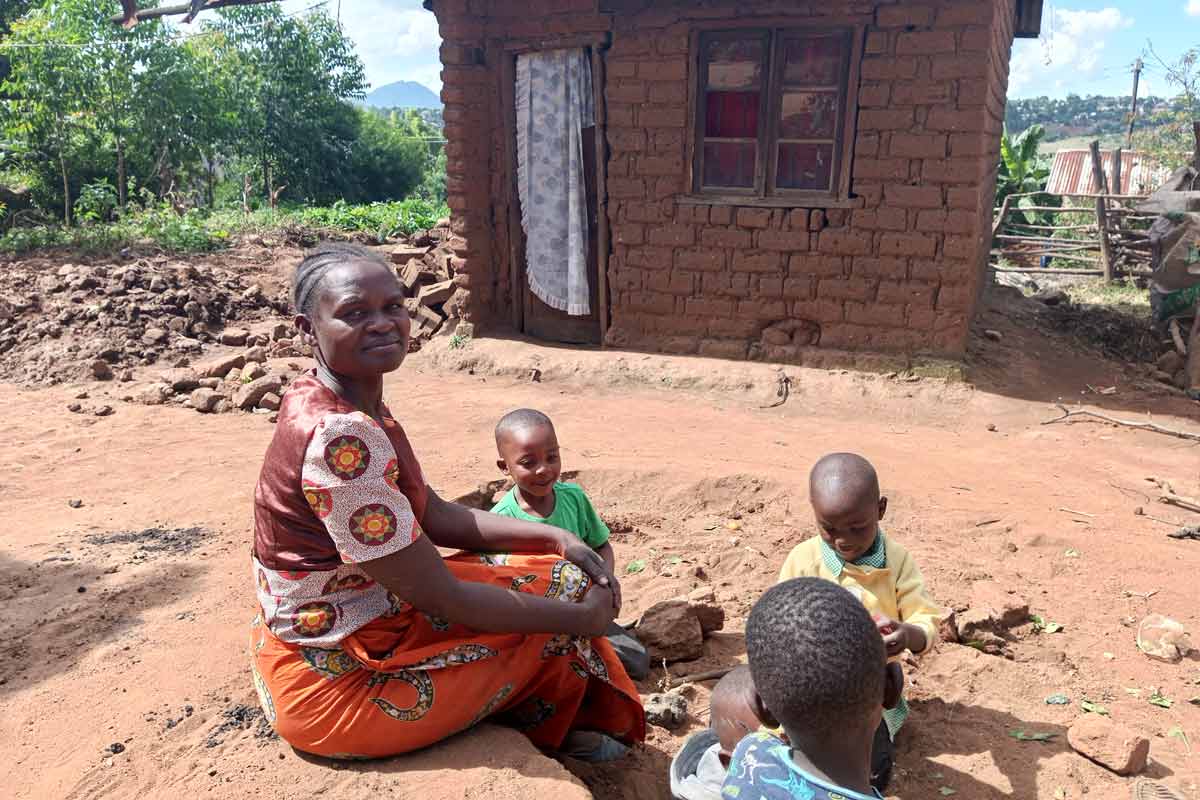
When Malawi’s Ministry of Health recently put out a call inviting parents of children aged nine months to nine years to turn out for measles immunisation, Heart Chateka understood the urgency of the situation. When immunisation coverage drops below the threshold of collective safety, measles can spread faster than any known human virus. A call of this sort communicated a serious epidemic risk.
Chateka took a short leave of absence from his work – he is a nutritionist – and travelled from Bvumbwe in Thyolo district to Limbe Health Centre in Blantyre, 35 km away, to make sure his three-year-old son received the measles-rubella jab.
“l found out that it’s essential for him to have the measles vaccine, failing which might lead to disease,” he said, holding onto his child fondly, soon after the boy had received the vaccine. “We live in a culture where seeking medical care for children is often left to women. It’s high time men like myself start taking the responsibility too,” he told VaccinesWork.
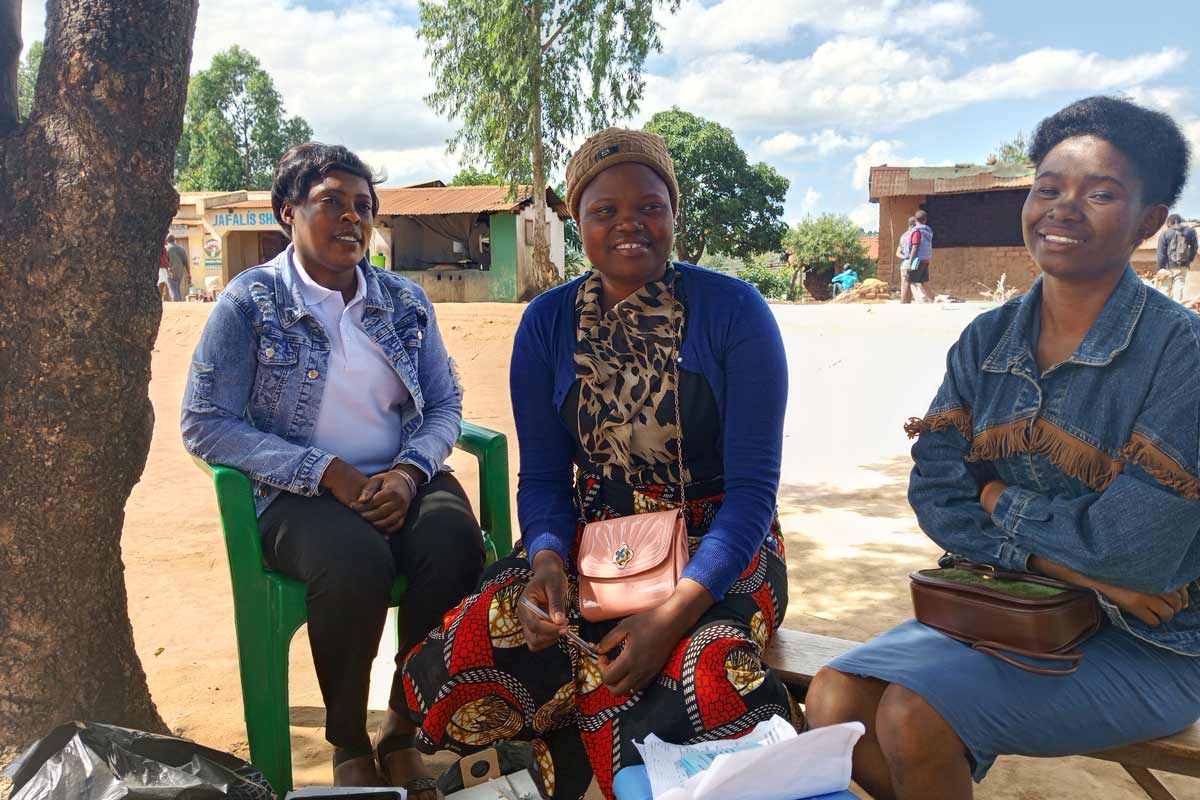
Bringing an outbreak to heel
The campaign ran for the week to 6 June this year, in six districts of the country that had been hit by a prolonged measles epidemic: 653 confirmed cases and one death had been registered since the outbreak’s onset on 18 October 2024.
Alongside the measles-rubella vaccine, children were being given supplementary vitamin A, a vital nutrient that can help protect the body from the worst ravages of measles infection. At all the area health facilities, including Limbe, schools, as well as at trading centres and on doorsteps, health teams were doing their utmost to reach every eligible child.
“Concurrently with the campaign, the Ministry will also intensify community sensitisation on the importance of routine vaccinations for all the children,” a statement from Dr Samson Mndolo, Secretary for Health, said.
Lizzie Banda, a health surveillance assistant, reported reaching no fewer than 880 children at the ad hoc vaccination site she and colleagues set up opposite Namane Primary School, some 30 minutes’ walk from the health centre at Limbe.
“Since we have already identified cases, the only way to limit the further transmission is to vaccinate those who are not yet affected, and treat those who are,” she explained.
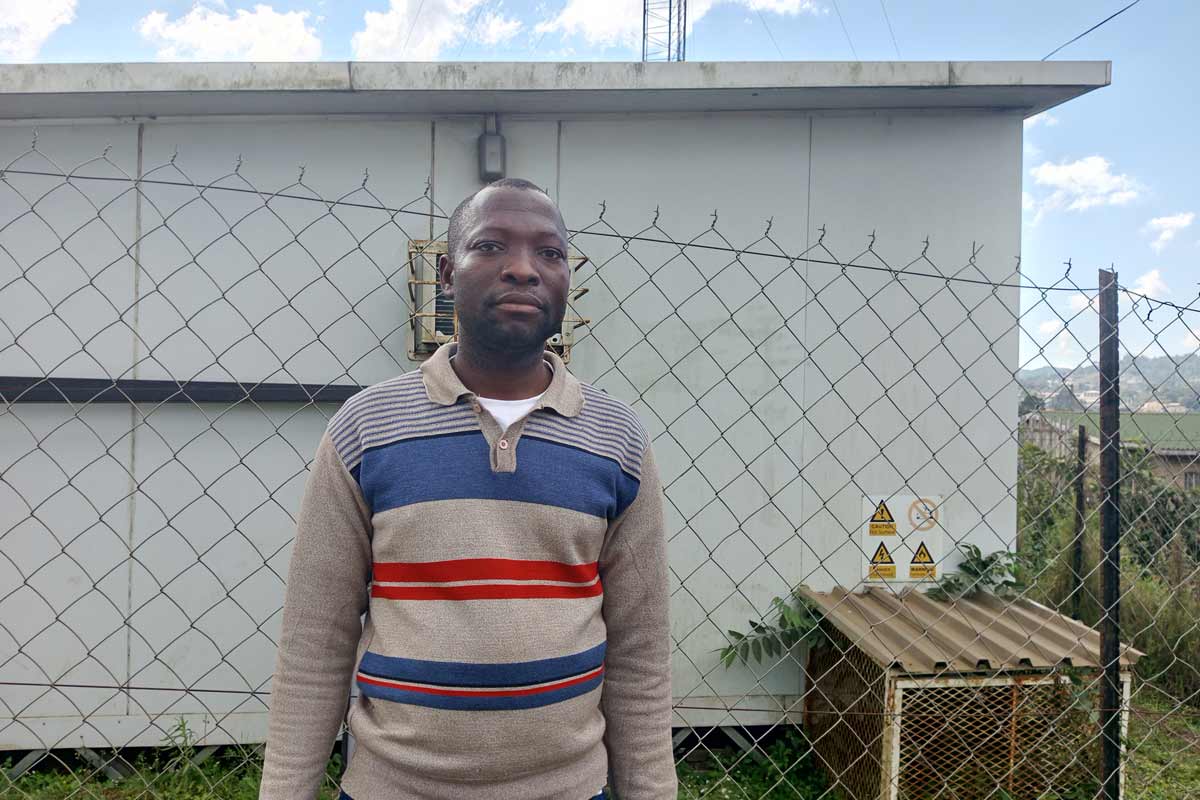
“The vaccines are life-saving”
Local mother-of-two Sarah Mukuthe said one of her children had suffered from the measles during the course of the outbreak. Now she was resolved to make sure her children were protected. Her neighbour Naomi Maganga, meanwhile, said her children, who are now aged 21 and 10, had received the full series of measles vaccination on schedule, in their earliest years, and reported feeling confident of their ability to withstand contagion.
Chrissy Banda, Senior Health Promotion Officer at the Blantyre District Council, said the district had achieved 93% of the 433,309 children target. She was struck, she said, that parents and caregivers seemed to understand “that the vaccines are life-saving,”.
“As Malawi, we have got a schedule of immunisations for the under-five children, girls and even adults. We have got these routine vaccines that are supposed to be taken at this particular age… So it’s very important to ensure that we boost immunity to the children,” Banda said in an interview.
Victor Mithi, the president of Malawi’s Society of Medical Doctors said Malawi’s healthcare system had its weak points – and that preventative healthcare as such has an outsize importance. “Our greatest strength is to make sure that we contain [disease] and we prevent it from spreading within the country,” he said. “As such, routine vaccinations are very crucial in terms of reducing the burden of the disease or eradicating it altogether within the country,” he said.
Have you read?
Gearing up to halt virus transmission
Charles Shey, Team Leader for the Vaccine Preventable Diseases at the World Health Organization’s (WHO’s) Regional Office for Africa, says the measles vaccine is safe, effective, and can interrupt measles virus transmission if 95% of the childhood population receives two doses of the vaccine. As of May 2025, a total of 88 countries across the globe have eliminated measles transmission by using this vaccine, he reported.
“In the African region, many countries have sub-optimal measles vaccination coverage in the routine childhood immunisation programme. Therefore, in order to address immunity gaps, WHO advises countries to implement periodic mass vaccination campaigns aimed at reaching unreached children,” he said. Between the years 2000 to 2023, an estimated 21 million measles deaths were averted as a result of vaccination efforts across the region.
“In response to measles outbreaks, reactive vaccination campaigns are implemented in a targeted manner to limit the circulation of measles virus, which tends to spread much faster and wider than our capacity to contain it. Well-prepared and well-funded preventive campaigns tend to be very cost-effective in protecting vulnerable populations, as opposed to hastily prepared response campaigns, which often do not attain the levels of coverage needed to completely interrupt transmission,” he said.
